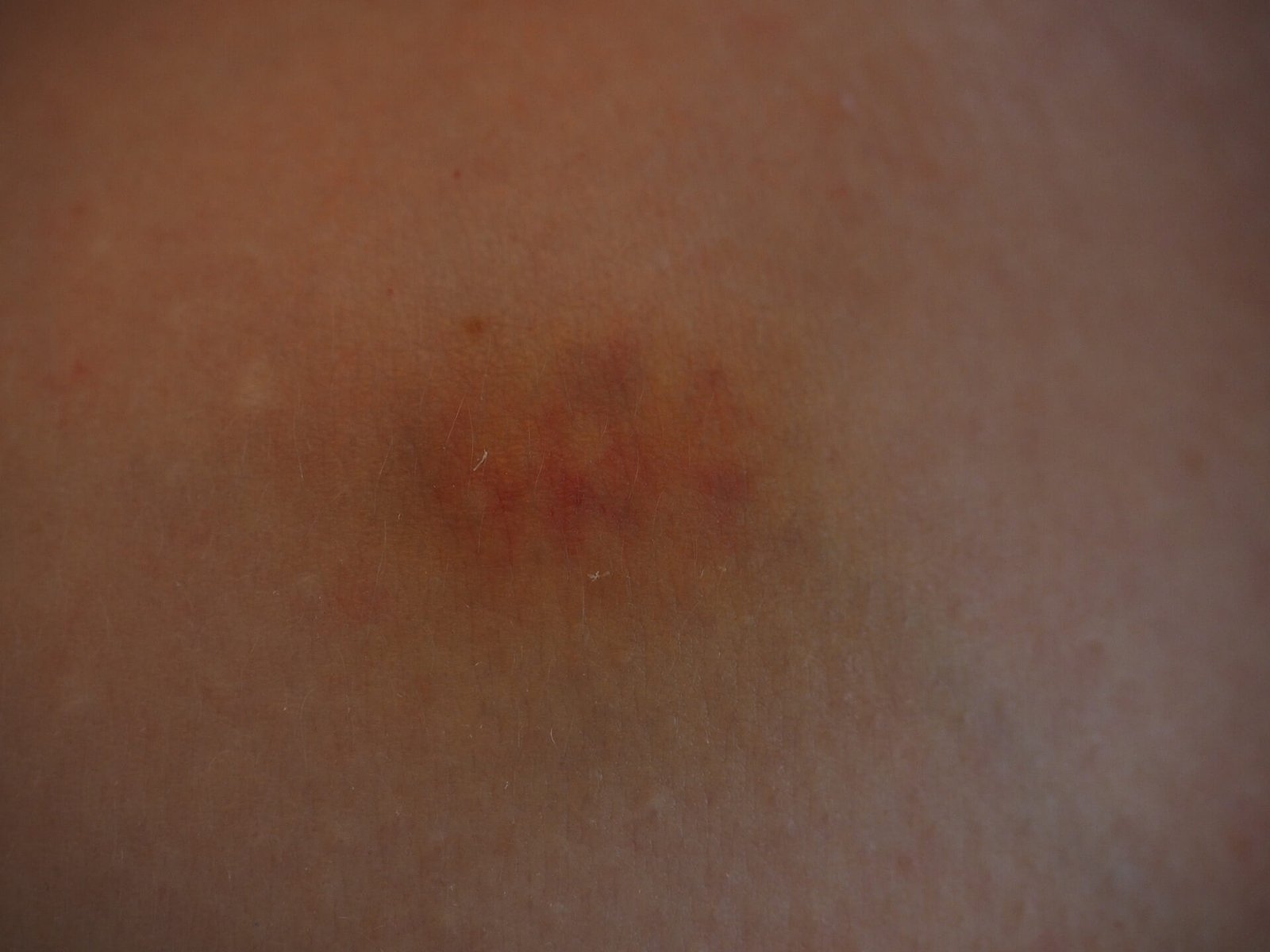Sepsis : What it is? Can it be treated? Discover
 Sepsis – what it is?
Sepsis – what it is?
Overview
A person with sepsis will have an extreme reaction to infection. This situation is urgent and life-threatening. You get sepsis when a chain reaction begins in your body due to an infection you already have. A sepsis-causing infection typically begins in the lungs, urinary system, skin, or gastrointestinal tract. If left untreated, sepsis can severely damage tissues, cause organ failure, and even lead to death. A patient may develop septic shock after suffering from it. A dramatic drop in blood pressure can cause severe organ problems or even death. The chances of surviving are improved with early antibiotic treatment and intravenous fluids.
Sepsis symptoms and signs
In order to be diagnosed with sepsis, you must have a probable or confirmed infection, along with the following signs and symptoms:
- Feeling very cold, having a fever, or shivering
- A feeling of confusion or disorientation
- A breathing rate greater than 20 breaths per minute
- A feeling of extreme discomfort or pain
- If your heart rate is high or your blood pressure is low
- Having clammy or sweaty skin
- A change in mental state
- Infection that is suspected or confirmed
A healthcare professional needs to confirm sepsis through a medical evaluation.
Severe sepsis
This occurs when organs fail. In order to be diagnosed with severe sepsis, you must have at least one of the following symptoms:

- A discolored patch of skin
- Having less urge to urinate
- Changes in mental abilities
- Low platelet count (blood clotting cells)
- Breathing difficulties
- An abnormal heartbeat
- The sensation of chills when the body temperature falls
- The worst kind of weakness
A septic shock
The symptoms of septic shock are caused by a severe drop in blood pressure, resulting in severely abnormal cell function and energy production. The risk of death increases as the condition progresses to septic shock.
Sepsis: What causes it?
There is a possibility that infection could lead to sepsis in you or a loved one. A person can get infected by germs when they come into contact with their body. Sepsis occurs if you do not stop that infection. Sepsis is caused most commonly by bacterial infections. Viruses like COVID-19 or influenza can also cause sepsis, as well as other infections. The following infections more commonly result in sepsis, regardless of their origin—bacterial, viral, or fungal:
- Infections of the lungs, such as pneumonia
- Kidneys, bladders, and other urinary system parts
- Digestive system
- Bacteremia (bloodstream)
- Catheter sites
- Injuries or burns
What groups of people are at risk for sepsis?
The risk of sepsis may be higher for some people, but any one of us can get it. The following are the people who are at risk:

- A child under the age of one and an older adult (65 years or older).
- In addition to chronic medical conditions and cancer patients receiving chemotherapy, diabetics, those with kidney or lung disease, or people with weakening immune systems tend to be at greater risk.
- The patients receive treatment in an intensive care unit (ICU).
- Individuals are exposed to invasive devices, such as intravenous catheters or breathing tubes.
- Patients who have recently been hospitalized or ill.
In a typical year:
- In America, at least 1.7 million adults suffer from sepsis.
- There are over 270,000 deaths caused by sepsis in the United States.
- Sepsis kills one in three patients in a hospital.
- In nearly 87% of cases, the infection which causes sepsis begins outside of the hospital.
Complications
As sepsis advances, blood flow to vital organs, such as the brain, heart, and kidneys, is impaired. Severe sepsis can result in abnormal blood clotting, resulting in small clots and burst blood vessels, damaging or destroying tissues. Mild sepsis often recovers, but the septic shock is associated with a 40% mortality rate. Furthermore, a case of severe sepsis will place you at greater risk of future infections.
Does sepsis spread to other people?
Sepsis does not spread. However, the pathogens responsible for the original infection can transmit the infection to others. Through the bloodstream, sepsis spreads throughout the body, from the original source of infection to other organs.
The right time to see a doctor
Sepsis usually occurs in patients who are hospitalized or who have recently been hospitalized. Sepsis is more likely to develop in people in intensive care units. However, any infection could result in sepsis. If you have an infection or wound that hasn’t responded to treatment, contact your doctor. If you experience confusion or rapid breathing, seek medical attention immediately.
Is there a treatment for sepsis?
If left untreated, sepsis can quickly progress to septic shock and death. However, doctors use a variety of medications to treat sepsis, such as:
- Infections are treated with antibiotics via IV.
- Blood pressure-raising medications
- Stabilizing blood sugar with insulin
- Reduce inflammation with corticosteroids.
- Pain medications
In severe cases of sepsis, large amounts of fluids will also be needed via the IV and a respirator. If the kidneys are affected, dialysis may be necessary. The kidneys help remove harmful wastes, salt, and excess water from the blood. A dialysis machine performs these functions. In some cases, surgery may be required to remove the source of infection.
Is it possible to recover from sepsis?
Your recovery from sepsis will depend on how severe your condition was and whether you had any preexisting conditions. The majority of people who survive will recover completely. Others, however, will report lasting effects. Long-term effects of this condition include:
- Organs that have been damaged
- Muscle and joint pain.
- A fatigued
- Concentration problems
- Low self-esteem
Sepsis can be fatal if left untreated.
Views
It is important to keep in mind that sepsis is a medical emergency. The infection can spread quickly, so every minute counts. Sepsis does not have one symptom, but rather a combination of symptoms. As soon as you suspect you have sepsis, especially with a known infection, seek medical attention immediately. You have a better chance of surviving if you receive early recognition and treatment.



